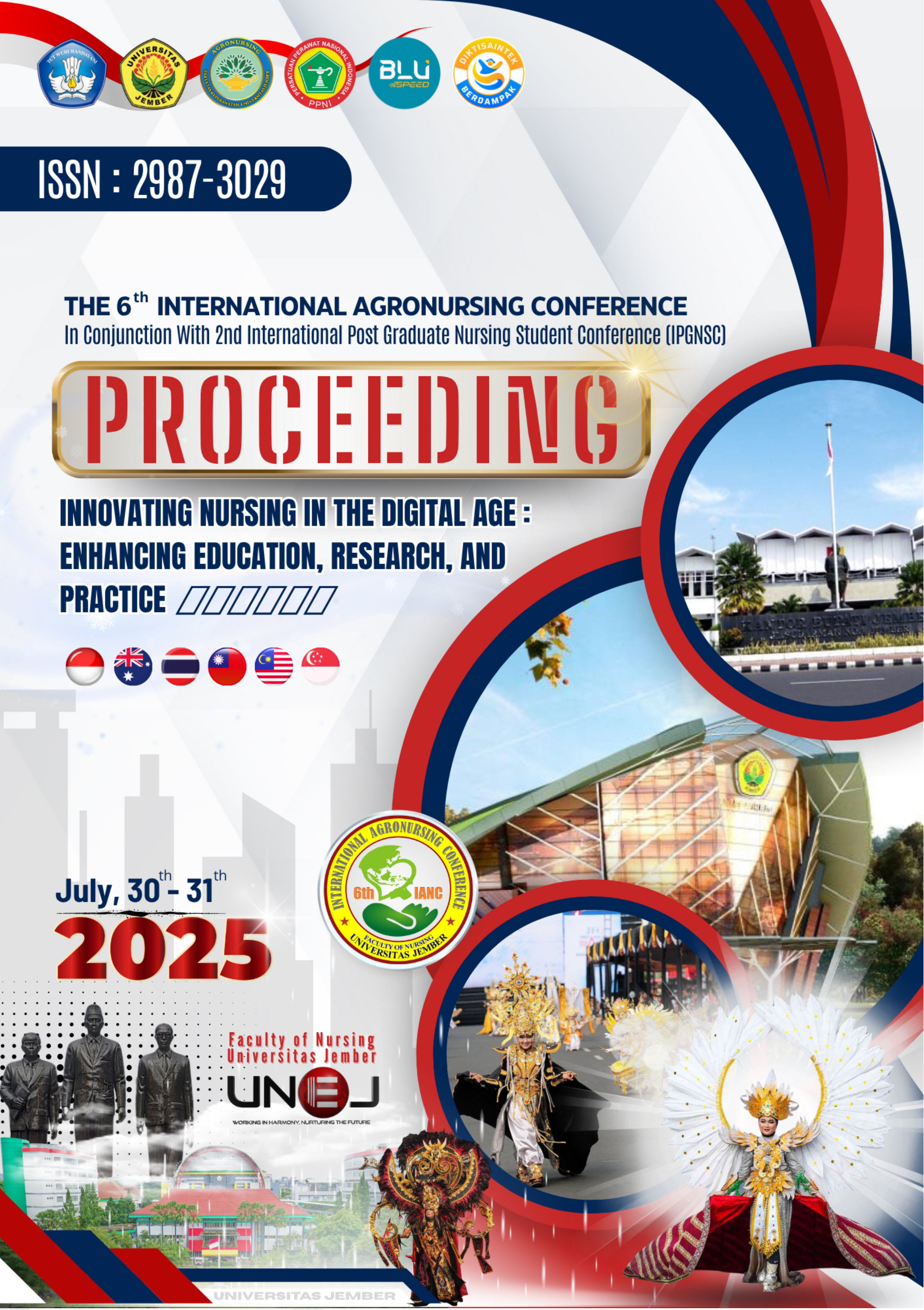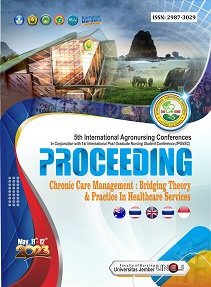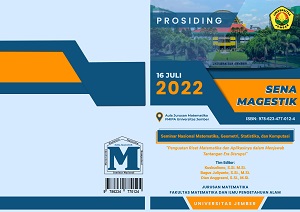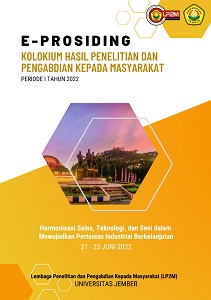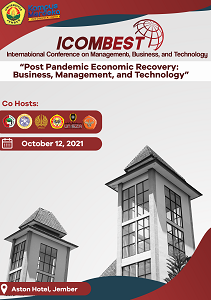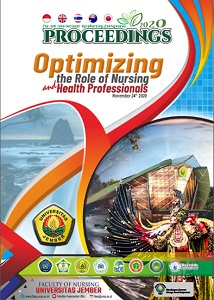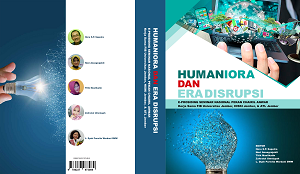A LITERATURE REVIEW OF THE BENEFITS AND RISK OF CHATGPT AMONG NURSING STUDENTS
Abstract
Background: The integration of artificial intelligence (AI) in healthcare education has introduced new pedagogical possibilities. Among various AI tools, ChatGPT has emerged as a prominent tool due to its capability to engage in interactive dialogue, generate explanations, and support knowledge synthesis in real time. ChatGPT's was quickly reshaping the learning experience of nursing students..Unlike other AI technologies that offer limited functionality, ChatGPT is accessible, adaptable across educational settings, making it especially relevant for nursing students. This systematic review aims to identify benefits and risks ChatGPT among nursing students. Methods: This literature review was conducted through a systematic search of four major electronic databases—ScienceDirect, PubMed, ProQuest, and SAGE, articles published between May 2020 and May 2025. The search strategy utilized Boolean operators “AND” and “OR” to refine and optimize the retrieval of relevant studies.The selection and screening of articles followed the PRISMA guidelines. Results: In total, eight articles met the predefined inclusion criteria and were included in the final analysis. ChatGPT offers numerous benefits—including enhanced learning efficiency, support for academic tasks, and simulation. It also presents notable risks, susch as potential missinformation, over-reliance, and ethical concerns related to academic integrity. Conclusions: ChatGPT can support learning by improving access to information, and increasing student engagement. ChatGPT can also introduce risks like academic dishonesty and a reduction in students’ critical thinking capacity. Recommendations for the future use of ChatGPT by educators, policy makers, and students to promote responsible and effective integration of AI.

